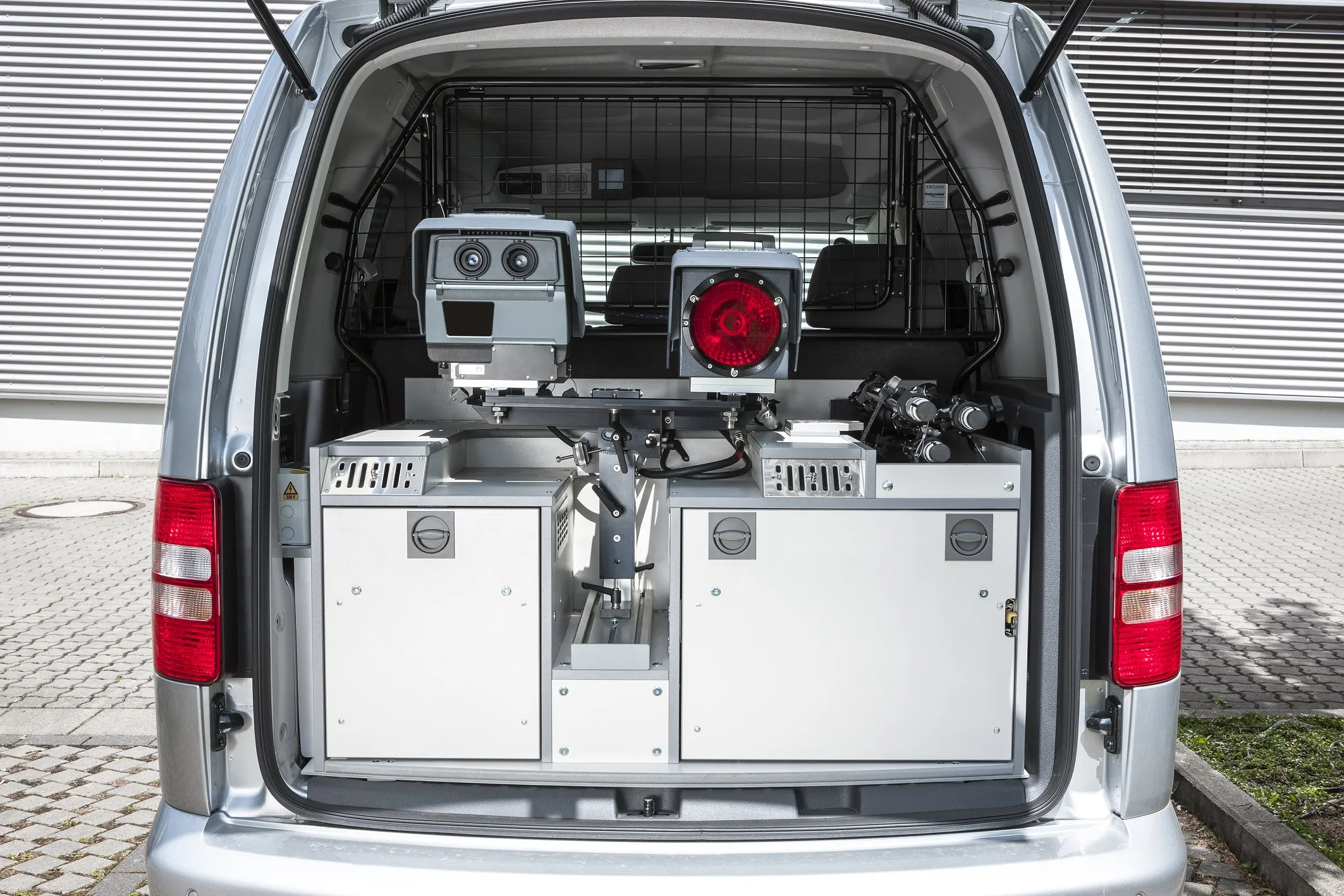
Vitronic has been awarded a seven-year deal with Danish National Police (Rigspolitiet) to help develop mobile traffic enforcement solutions based on Lidar.
The contract will see it updating monitoring technology in the force's fleet of automatic traffic control (ATK) cars, which detect and process traffic violations.
“A technology refresh is crucial to optimise speed enforcement," says Henning Sander-Jensen, head of European sales at Vitronic.
"We are the supplier of the old system and will upgrade to the current Poliscan FM1 measurement system.”
All cars will be equipped with the new system, which will be used in Denmark for speed enforcement from within cars and from tripods at the roadside.
As well as updating the system, the police will expand the fleet from 82 fully-equipped ATK vehicles to a total of 107 - the first 25 cars will be delivered this year.
All existing vehicles and measurement equipment will be replaced with new-generation hardware and software.
Vitronic will act as the main contractor responsible for all deliveries of the new Ford Custom cars and systems.
Throughout the contract, it will partner with local subcontractors like Haarby Karosseri, Autohuset Vestergraad, Swarco and Ford Motor Company.









